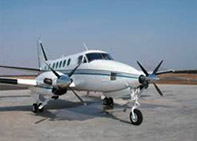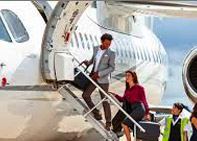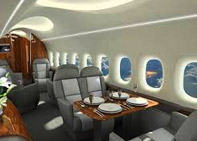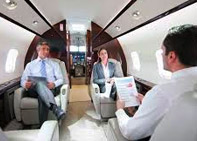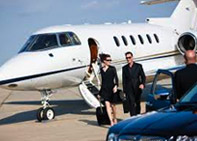American Airlines has been in the news recently with the purchase of the latest carrier with the order of 20 Boom Supersonic jets.
The first Overture model is expected to be ready in 2025. It will roll out of Boom’s factory in North Carolina and is likely to enter the commercial service by the end of the decade. However, the excitement has already spelled into orders. With the ultra-fast planes promising to slash flight times, it has already been booked by United Airlines in 2021. Plus, Denver-based Boom stated that they have ordered 130 planes from companies like Virgin Atlantic and Japan Airlines.
The new planes are designed to travel at twice the speed of the fastest commercial aircrafts of today. At Mach 1.7 over water and carrying around 60 to 80 passengers, the jets are potentially groundbreaking.
The Overtures model was grounded and decommissioned following the deadly crash at Charles de Gaulle airport in Paris in July 2000. The incident also led to excessive ticket prices, high fuel consumption, and high running costs.
After almost 20 years, the launch of the Overtures is promising. According to Andrew Charlton, managing director of Aviation Advocacy, an independent air transport consultancy explained, why the Concorde failed spectacularly. He stated that one of the reasons was that they could only fly the supersonic jets in certain limited sectors. Plus, it was highly expensive, it burned a lot of fuel, and it was difficult to fit many passengers in it.
However, Boom has learned from Concorde’s failure, and the company says its Overtures won’t have the same glitches. Charlton reiterated that the Boom’s jets are promising a number of things, like new technology, and the aircraft making a significantly smaller sonic boom than Concorde’s supersonic jets.
Furthermore, the company highlighted that sustainability was one of its core principles and Overture will meet the latest noise levels that are required by the International Civil Aviation Organization (ICAO) for modern subsonic aircraft. The company added that the jets were being designed to fly over 600 routes around the world in as little as half time.
Ultimately, Boom aims to achieve net zero carbon dioxide by 2025, when the first Overture model would be ready, and net zero greenhouse gas emissions reached by 2040.
